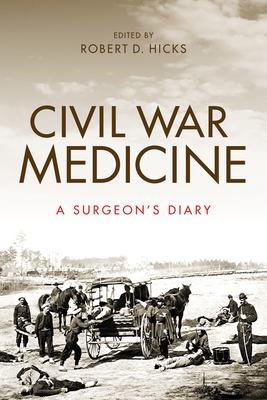Expedite your nonfiction book discovery process with Readara interviews, summaries and recommendations, Broaden your knowledge and gain insights from leading experts and scholars
In-depth, hour-long interviews with notable nonfiction authors, Gain new perspectives and ideas from the writer’s expertise and research, Valuable resource for readers and researchers
Optimize your book discovery process, Four-to eight-page summaries prepared by subject matter experts, Quickly review the book’s central messages and range of content
Books are handpicked covering a wide range of important categories and topics, Selected authors are subject experts, field professionals, or distinguished academics
Our editorial team includes books offering insights, unique views and researched-narratives in categories, Trade shows and book fairs, Book signings and in person author talks,Webinars and online events
Connect with editors and designers,Discover PR & marketing services providers, Source printers and related service providers

Civil War Medicine: A Surgeon's Diary
History > United States - Civil War Period (1850-1877)
- Indiana University Press
- Hardcover
- 9780253040077
- 9.1 X 6.2 X 1.1 inches
- 2.05 pounds
- History > United States - Civil War Period (1850-1877)
- (Single Author) Asian American
- English
Readara.com
Book Description
In this never before published diary, 29-year-old surgeon James Fulton transports readers into the harsh and deadly conditions of the Civil War as he struggles to save the lives of the patients under his care. Fulton joined a Union army volunteer regiment in 1862, only a year into the Civil War, and immediately began chronicling his experiences in a pocket diary. Despite his capture by the Confederate Army at Gettysburg and the confiscation of his medical tools, Fulton was able to keep his diary with him at all times. He provides a detailed account of the next two years, including his experiences treating the wounded and diseased during some of the most critical campaigns of the Civil War and his relationships with soldiers, their commanders, civilians, other health-care workers, and the opposing Confederate army. The diary also includes his notes on recipes for medical ailments from sore throats to syphilis.
In addition to Fulton's diary, editor Robert D. Hicks and experts in Civil War medicine provide context and additional information on the practice and development of medicine during the Civil War, including the technology and methods available at the time, the organization of military medicine, doctor-patient interactions, and the role of women as caregivers and relief workers. Civil War Medicine: A Surgeon's Diary provides a compelling new account of the lives of soldiers during the Civil War and a doctor's experience of one of the worst health crises ever faced by the United States.
Author Bio
Rob Hicks joined the faculty of the College of William and Mary in the Fall of 2000. At the College, he is a faculty affiliate in the Environmental Science and Policy Program and the Thomas Jefferson Program in Public Policy. Rob has been a visiting professor at the Center for Development Research (ZEF), University of Bonn, Germany; the Institute of Environmental Economics and World Trade, University of Hannover, Germany; and in the Center for Economic Research, University of the Balearic Islands, Spain.
His teaching interests include environmental economics and environmental policy. His current research focuses on environmental and natural resource economics, welfare economics, and econometrics. He is a past member of the Science Advisory Board for the National Oceanic and Atmospheric Administration (U.S. Department of Commerce). He has served on the editorial board of Marine Resource Economics and has been awarded research support from the National Science Foundation, the United States Department of Commerce, the William and Flora Hewlett Foundation, and the Bill and Melinda Gates Foundation.
He is the recipient of the Alumni Fellowship Award and the Plumeri Award for Faculty Excellence.
- Education
- B.A., North Carolina State University
Ph.D., University of Maryland
Source: William & Mary
Videos
No Videos
Community reviews
No Community reviews

